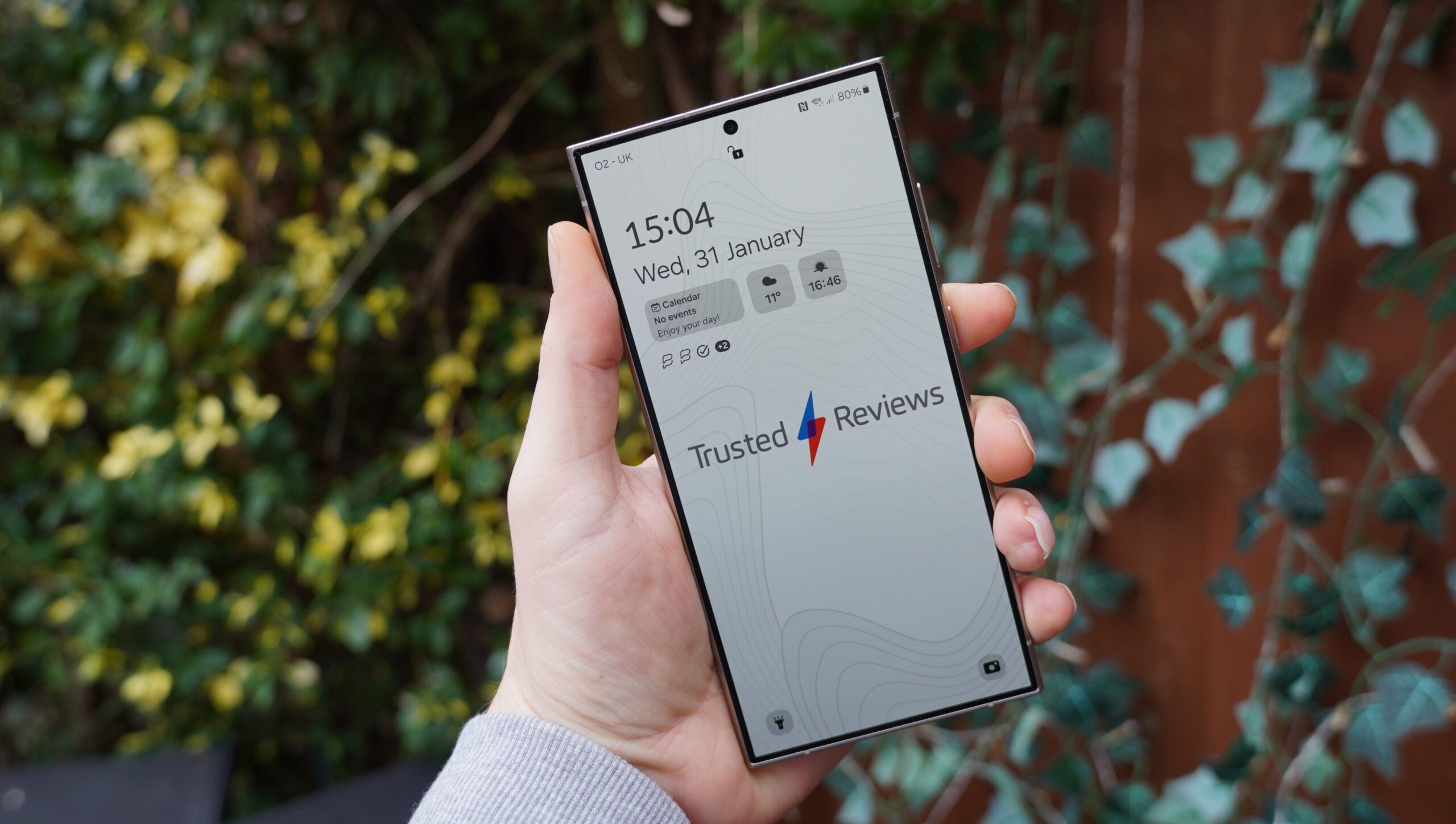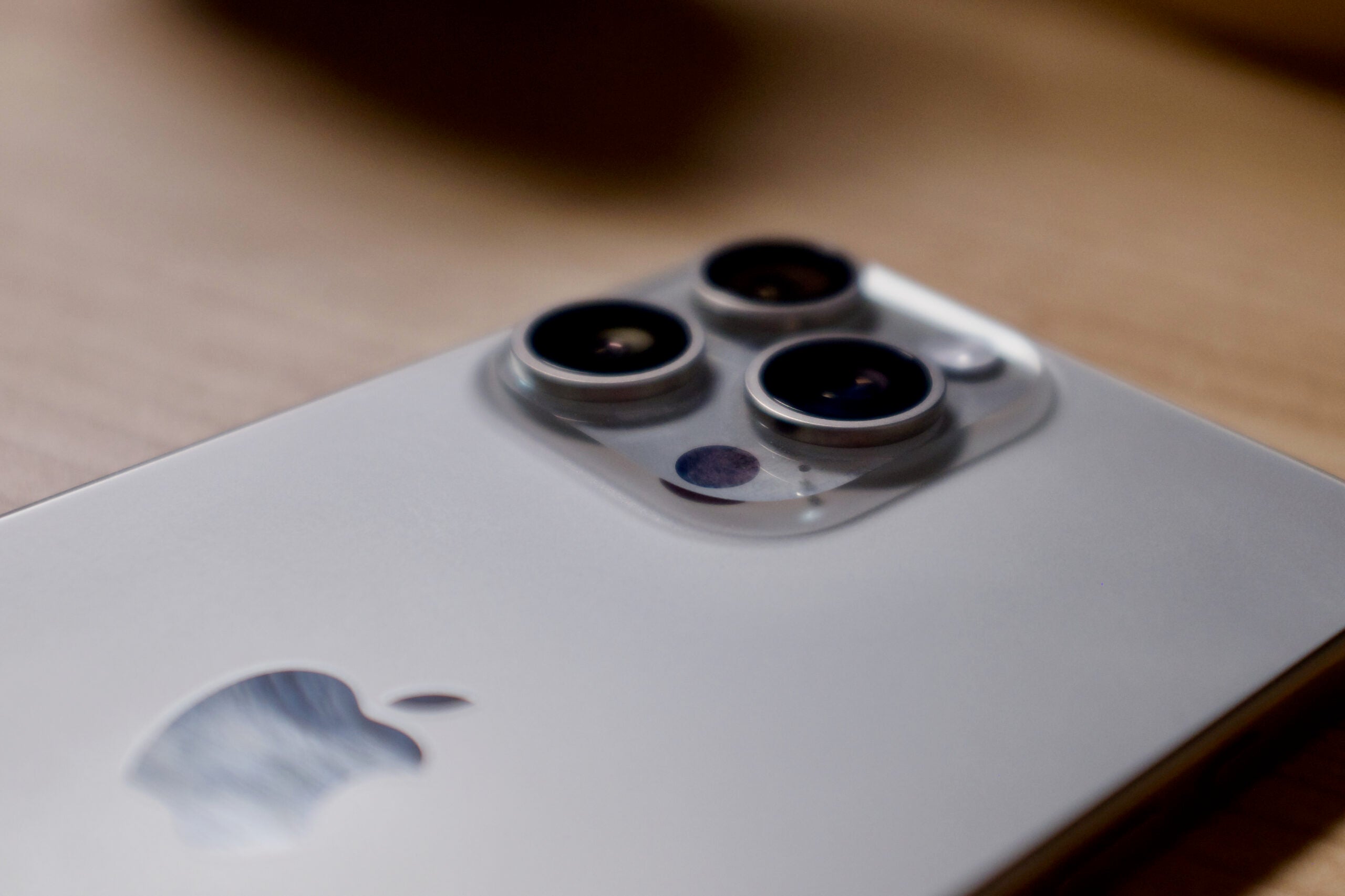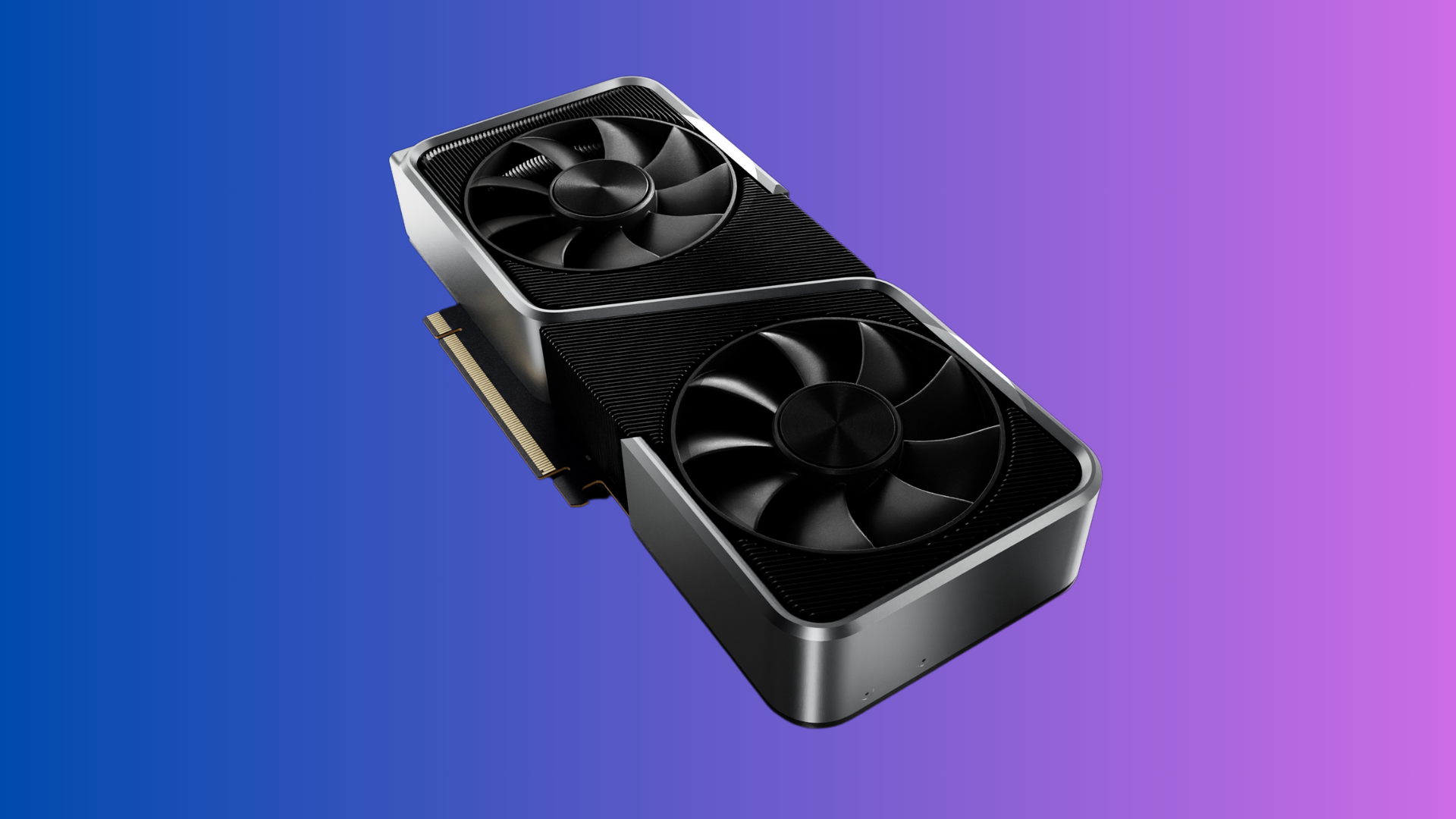What is GPS?
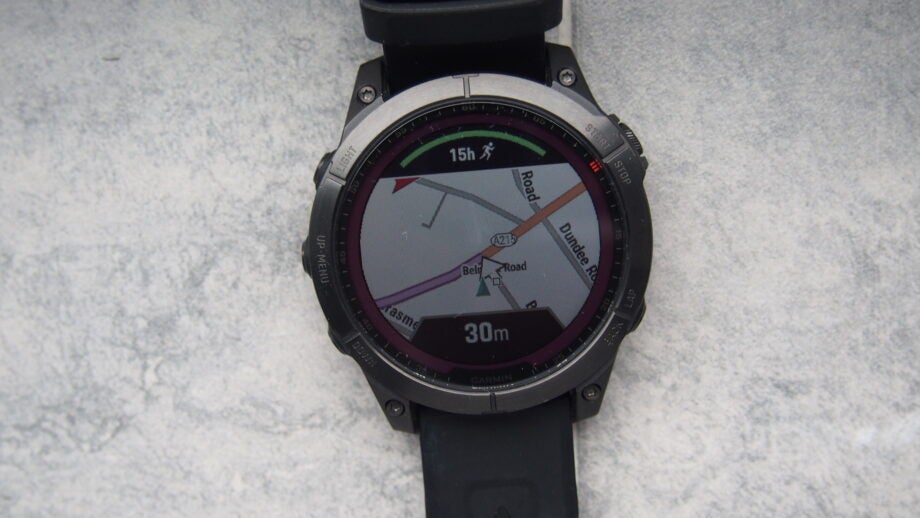
GPS is a common acronym that you’ll find mentioned frequently with regard to mobile phones and modern car dashboards, but what does it mean?
GPS stands for Global Positioning System, and it is a satellite-navigation system owned by the US government. The network consists of at least 24 satellites online at all times, at an altitude of approximately 20,200 km, with each one orbiting the Earth twice per day. This arrangement means that users should be able to view at least 4 satellites at any time from any point on the planet. Originally designed for military purposes, today GPS is free to use from anywhere in the world, at any time of day.
When you use your tech devices to track your movements – whether that’s a car satnav, a mapping application such as Google Maps on your smartphone, or a fitness tracker to log your outdoor activities such as running or cycling – then it’s most likely using GPS or a comparable technology.
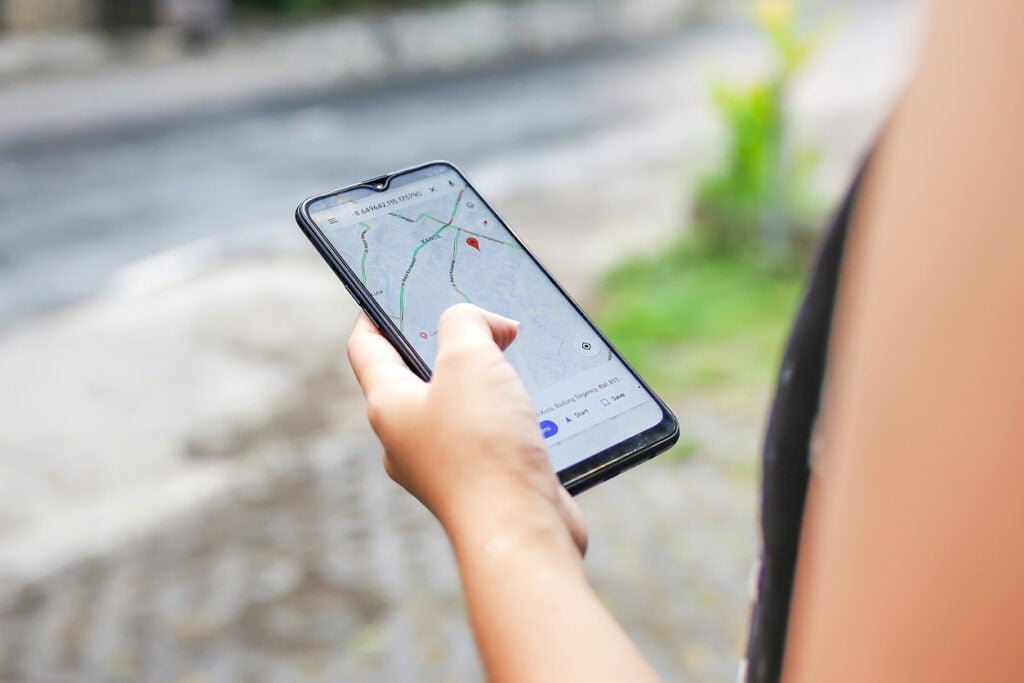
How does GPS work?
Each satellite in the network transmits a unique signal and orbital parameters that allow GPS devices to compute the exact location of the satellite, and with distance measurements from multiple satellites compiled then the device is able to determine a user’s precise position.
Is GPS accurate?
Reception of GPS signals depends on satellite geometry, signal blockage (from buildings, bridges, trees, etc), atmospheric conditions, as well as the quality of the receiver. However, the US government claims that GPS-enabled smartphones are typically accurate to within 4.9m.
Is GPS secure?
On a user basis, the website Privacy Sharks gives the following assessment of GPS’ security:
“Although it is harder for GPS trackers to be hacked because they work by using satellite signals, it isn’t impossible. For example, if you have a device with an internet connection and GPS tracking active, hackers can infiltrate your operating system and find out your location.
“While there are some downsides to GPS trackers, the benefits outweigh the cons. When used appropriately, GPS trackers are safe; however, if you are suspicious, you can switch off GPS tracking systems on your phone and car and only activate these when it is necessary to do so.“
Furthermore, the journal Scientific American has expressed concern about GPS interference on a larger scale, noting that “suspected hackers have jammed GPS signals that guide airliners”, and that “bad actors can jam or spoof GPS signals without complicated or expensive technology and without the need for deep training.”
Are there other satellite navigation systems?
While GPS is often used as a catch-all name for any form of satellite navigation, in fact there are other satellite navigation systems that are made and maintained by other countries; GLONASS by Russia, Galileo by the European Union, and BeiDou by China. Many electronic devices will have access to multiple navigations, particularly GPS, GLONASS, and Galileo.




